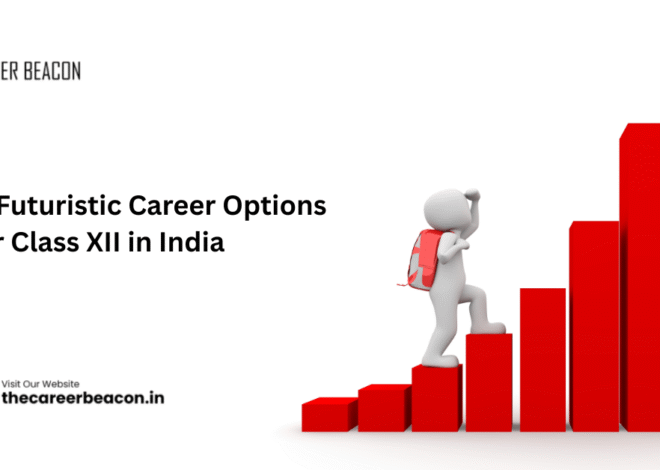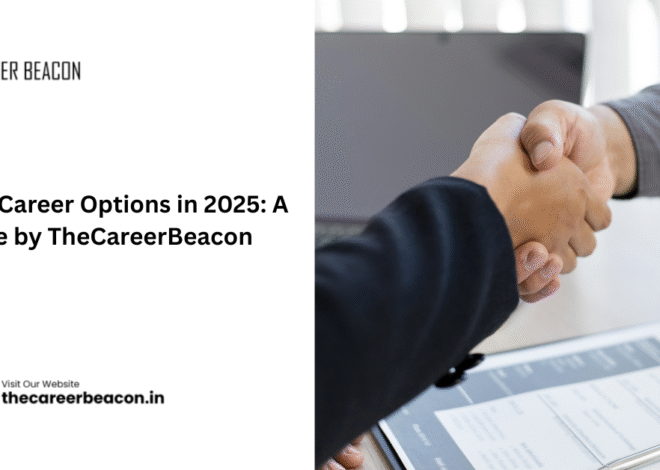
Changing Healthcare Needs a Holistic Approach to Education.
It is very important to look at the healthcare sector because it is dynamic and affected by present developments on different fronts, such as the technology type of patients being handled and emerging diseases. Due to the changes that are happening in the healthcare sector, it is also necessary to update the education and training of these professionals. There is a worry that education in general and training should involve not only points of the equipment and buttons but people as well. Achieving this transformation means a new curriculum, innovative career information, career advice, and guidance from the counsellors to enable the students to manage their careers effectively.
The Evolving Healthcare Landscape
Over the last few decades, the healthcare industry has witnessed remarkable changes:
- The phenomenon of telemedicine and additional digital health resources
- More attention is being paid to the importance of one’s mental health and state of mind.
- The central reason is the necessity for an individualised approach and patient-orientated therapy.
- The requirement of services from experts who have clinical aptitudes in addition to soft competencies like interpersonal, relational, and emotional intelligence.
They all require a paradigm shift in healthcare education that trains professionals not only to diagnose ails and cure them but actually to do something with patients.
What Is Meant by Holistic Care in the Large Sense of the Concept in the Context of Healthcare Education?
A holistic approach in healthcare education emphasises developing professionals who can:
- concerned with patients’ physical, emotional, mental, and social needs.
- Integrate across specialist fields to provide the patient with a professional care experience.
- This paper examines the various ways through which technology can be incorporated with the traditional humanitarian approach to cater for the current healthcare needs in this modern society.
This approach is critical in the development of a generation of healthcare workers to meet the demands and challenges presented by the evolving healthcare system.
Why Soft Skills Should Be Incorporated
This paper has tried to present that while clinical know-how forms the bedrock of healthcare education, soft skills are not left behind. In this case, having a job counselor is important so that the students can be made to appreciate the efficiency of such soft skills. Hence, a healthcare job counselor can cultivate interpersonal and affective skills like empathy, communication, team spirit, and decision-making so that one can manage the psychological and social aspects of treatment.
Key Soft Skills for Healthcare Professionals:
- Empathy: The emotional care patient has regard to
- Communication: establishing and maintaining well-coordinated relationships and rapport with patients and their families as well as colleagues
- Leadership: Managers supervising organisations’ key operations in short-staffed roles
- Adaptability: This is an essential aspect for those individuals who need to be in a position to respond to dynamic environments.
The importance of career guidance in training of health care professionals
Career information literacy is therefore crucial for healthcare students in the contemporary world, where the dynamics of the labour market are characterised by change and dynamism. Job counselor assist in explaining to an individual all the fields of practice available in the health sector. With newly introduced careers in health management, health technology, and distance healthcare practice, job counsellors assist students who are seeking a good career.
Benefits of Career Advice for Healthcare Students:
The second theme stems from the first theme and is aimed at enhancing the understanding of the given diverse career type, which in this case is health care careers.
- Customisation of education and training that meets the needs of the market
- Exploring careers, career transitions, and new areas of practice across the health services industry
- Determining areas of professional learning for learner success
- Designing a Context-Enhanced Multidisciplinary Learning System
In this case, education means the ability to create a multi-disciplinary climate for learning. Physicians are the primary carers, while nurses, therapists, and other healthcare providers are the assisting carers. Job counselor healthcare administrators, and IT specialists are the supporters of healthcare service delivery. Career counselling is shown to be an integrated system where students can engage in cooperative learning activities, activities that they find engaging. Such learning enables different personnel to appreciate the work of other specialists as well as foster effective teamwork in the provision of quality care for the patients.
Preparation for Future Challenges in Health Care
When it comes to the matter of global health, a range of things greatly concern education in health care: from pandemics to an increase in the average age of the population. The health care needs are not only met in the present time, but lifelong learning, flexibility, and effectiveness are also promoted.
Conclusion: Composition Of A Strong Health Care Professionals Employment Base
The future of education involves a harmonised approach to technical content, interpersonal competencies, person-centred care, as well as technology. Employment guidance from other professionals and other seasoned career advisors assists healthcare students in mapping their way in a dynamic profession so that they can cope with new challenges as and when they arise.


